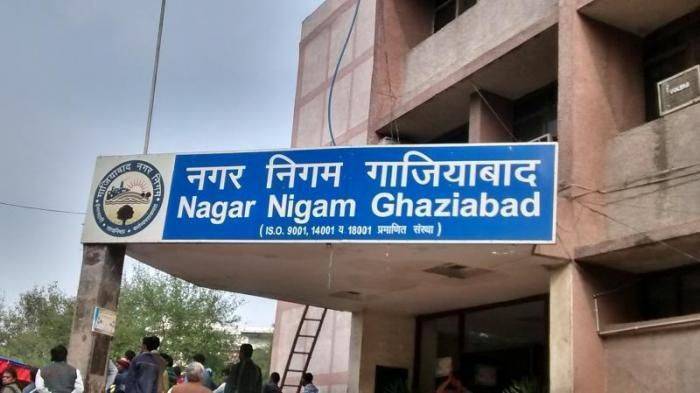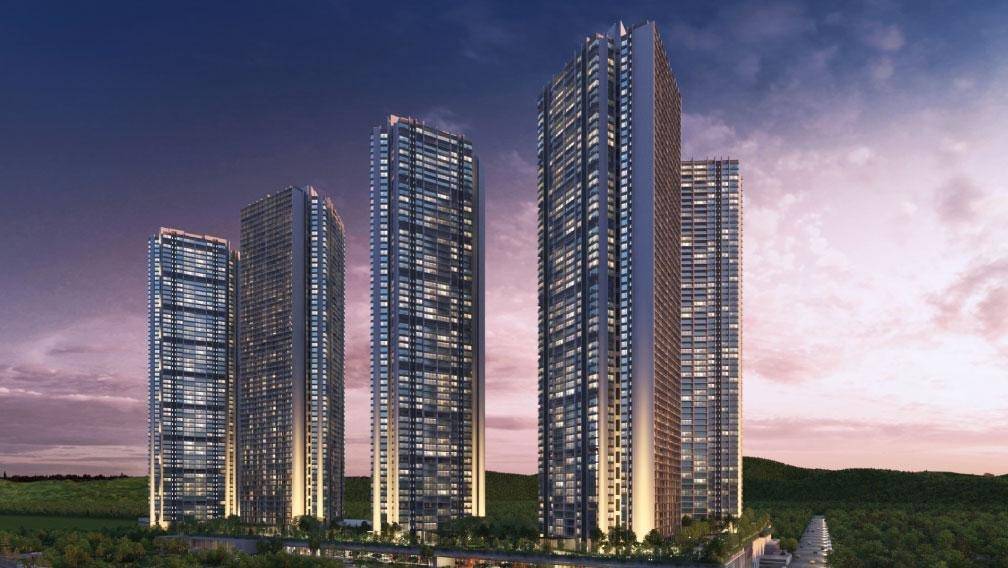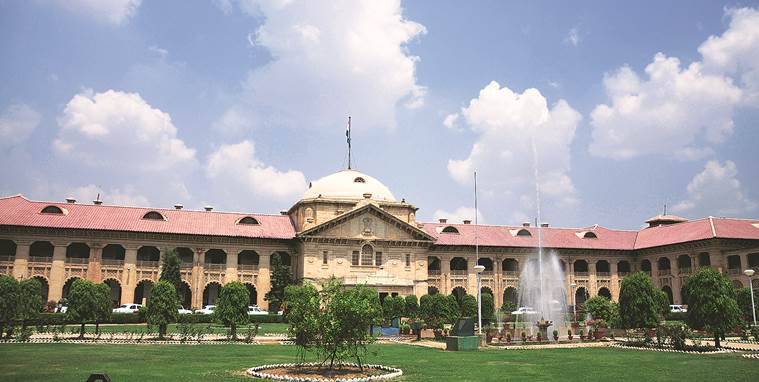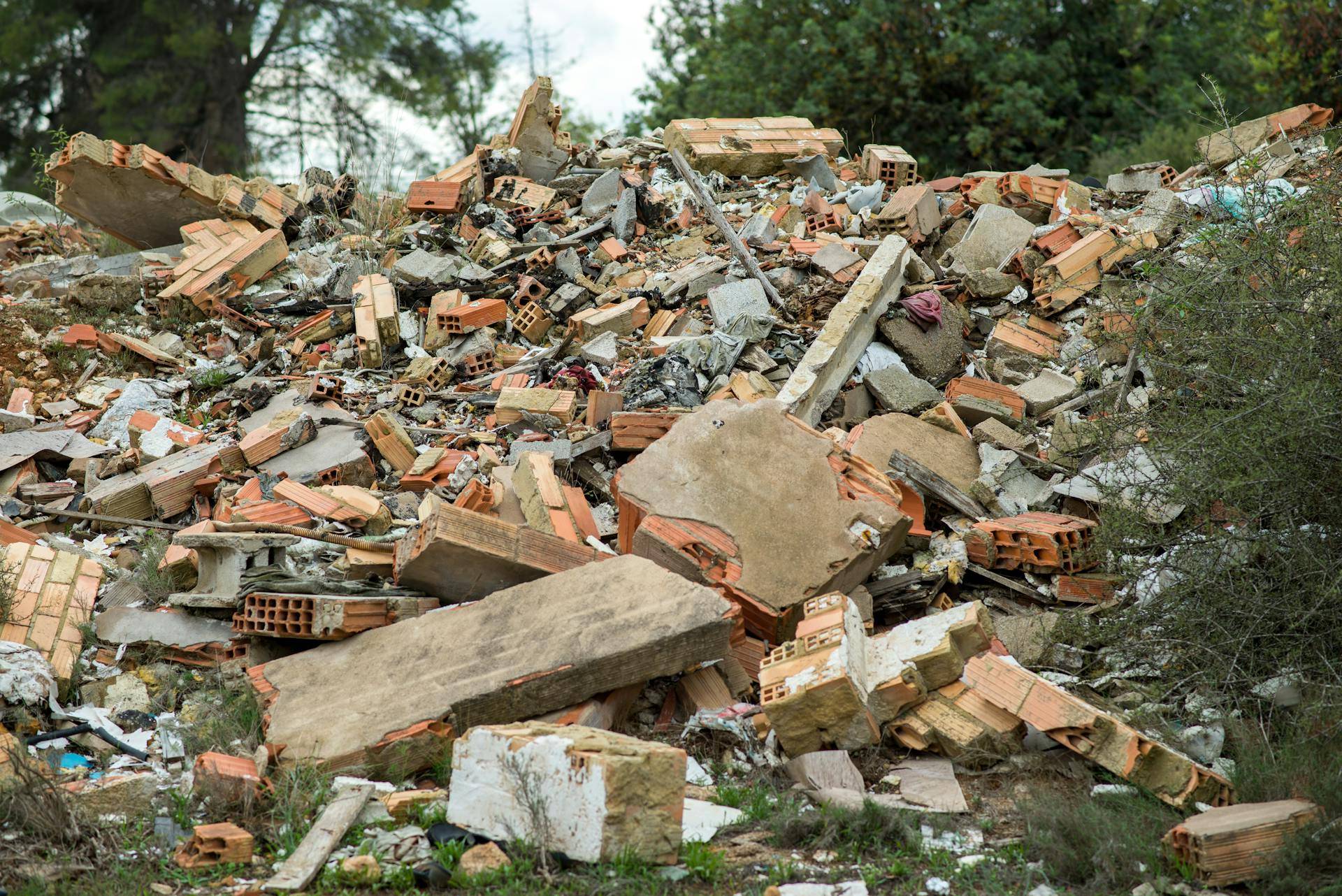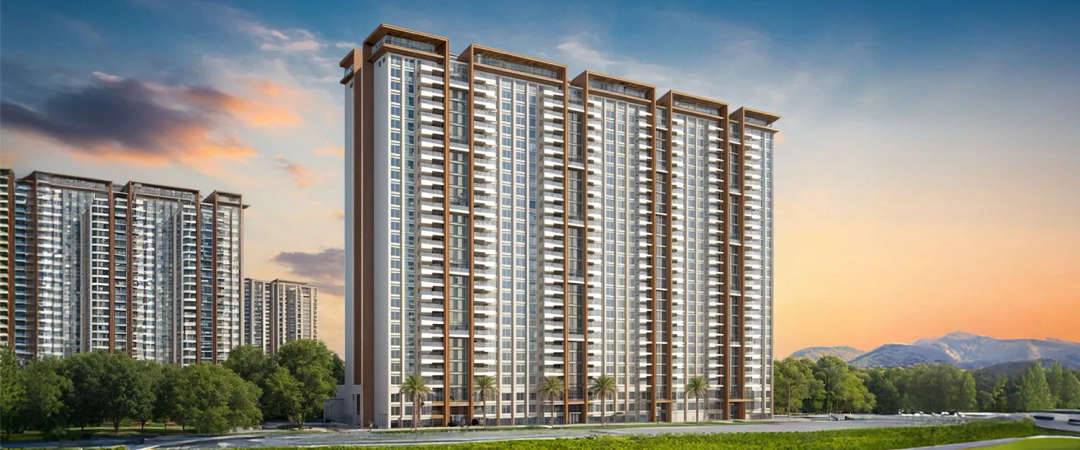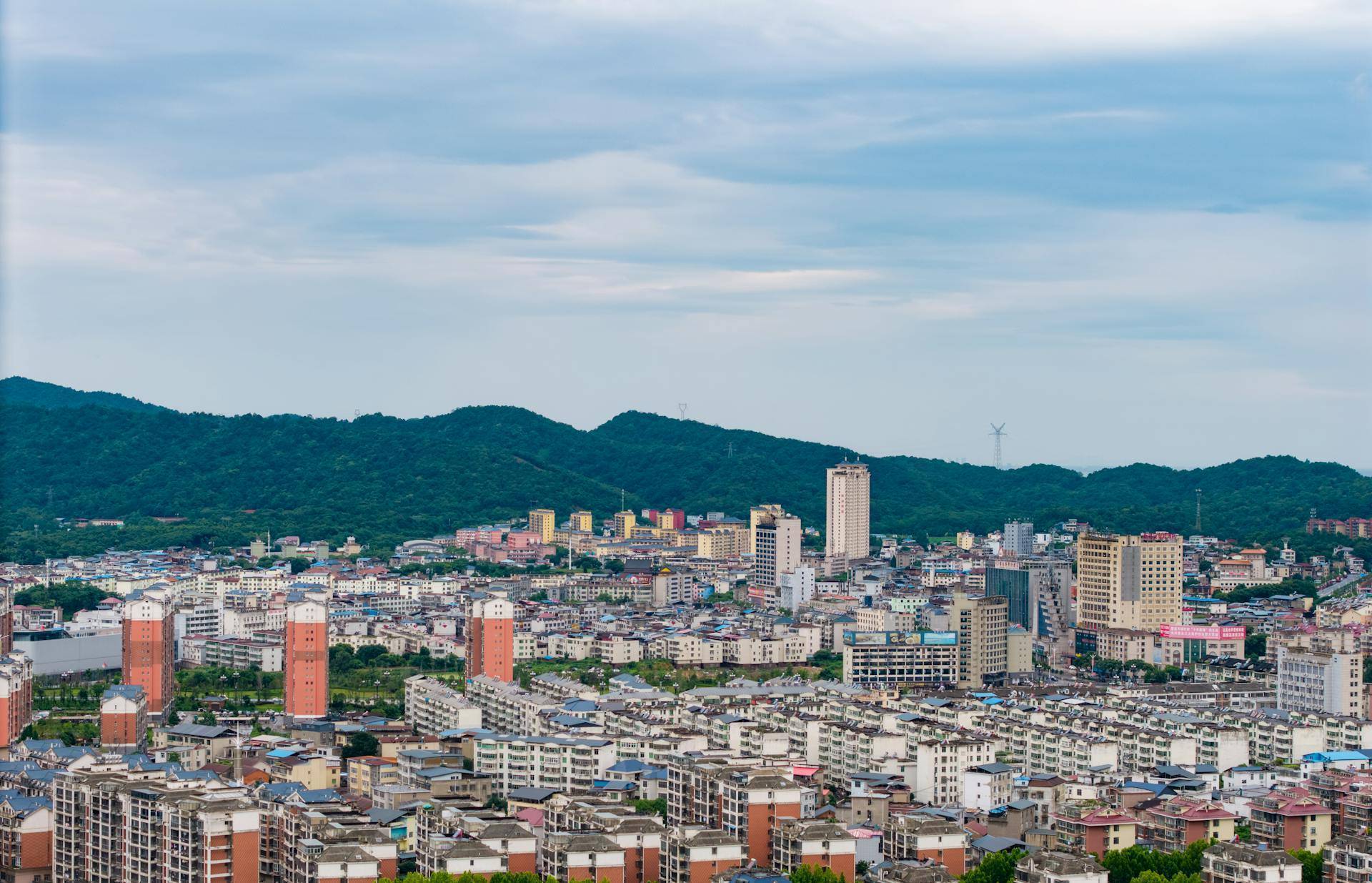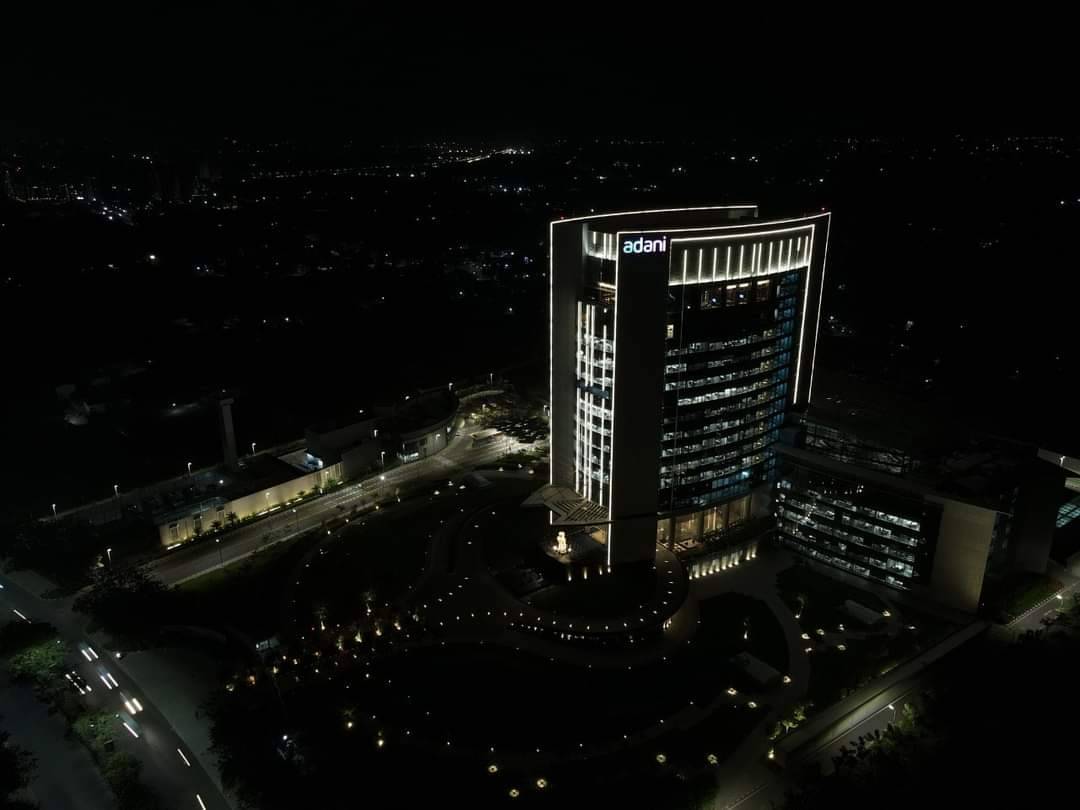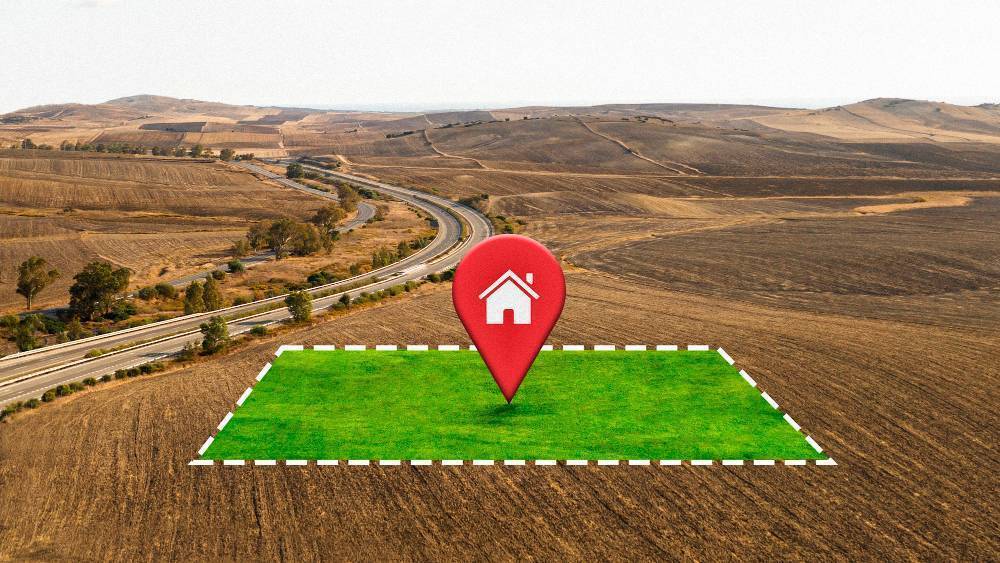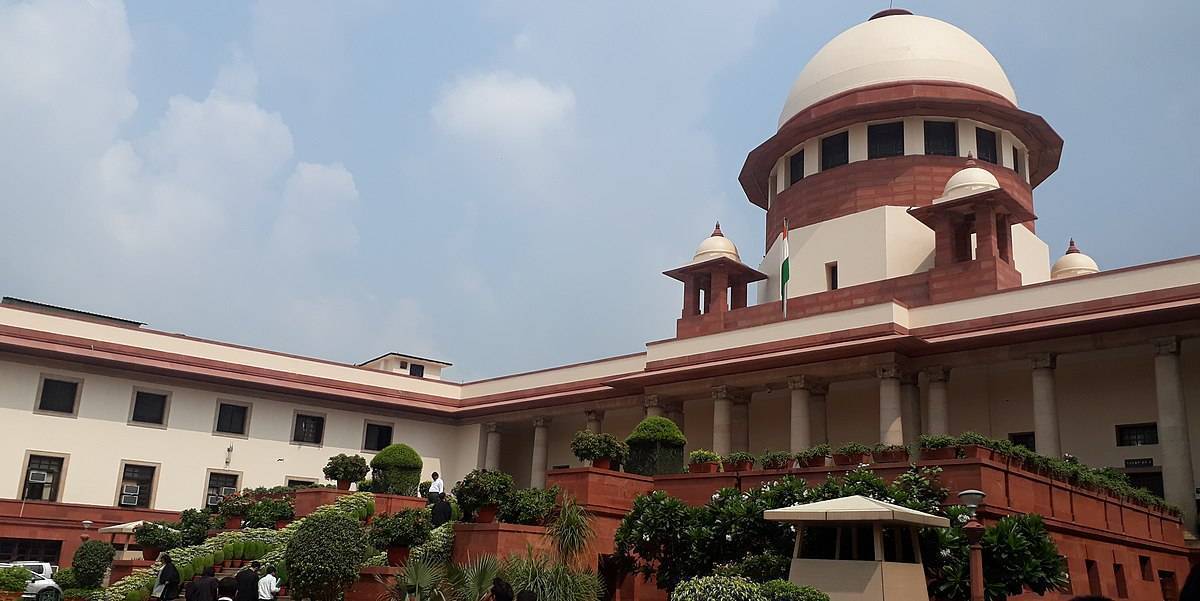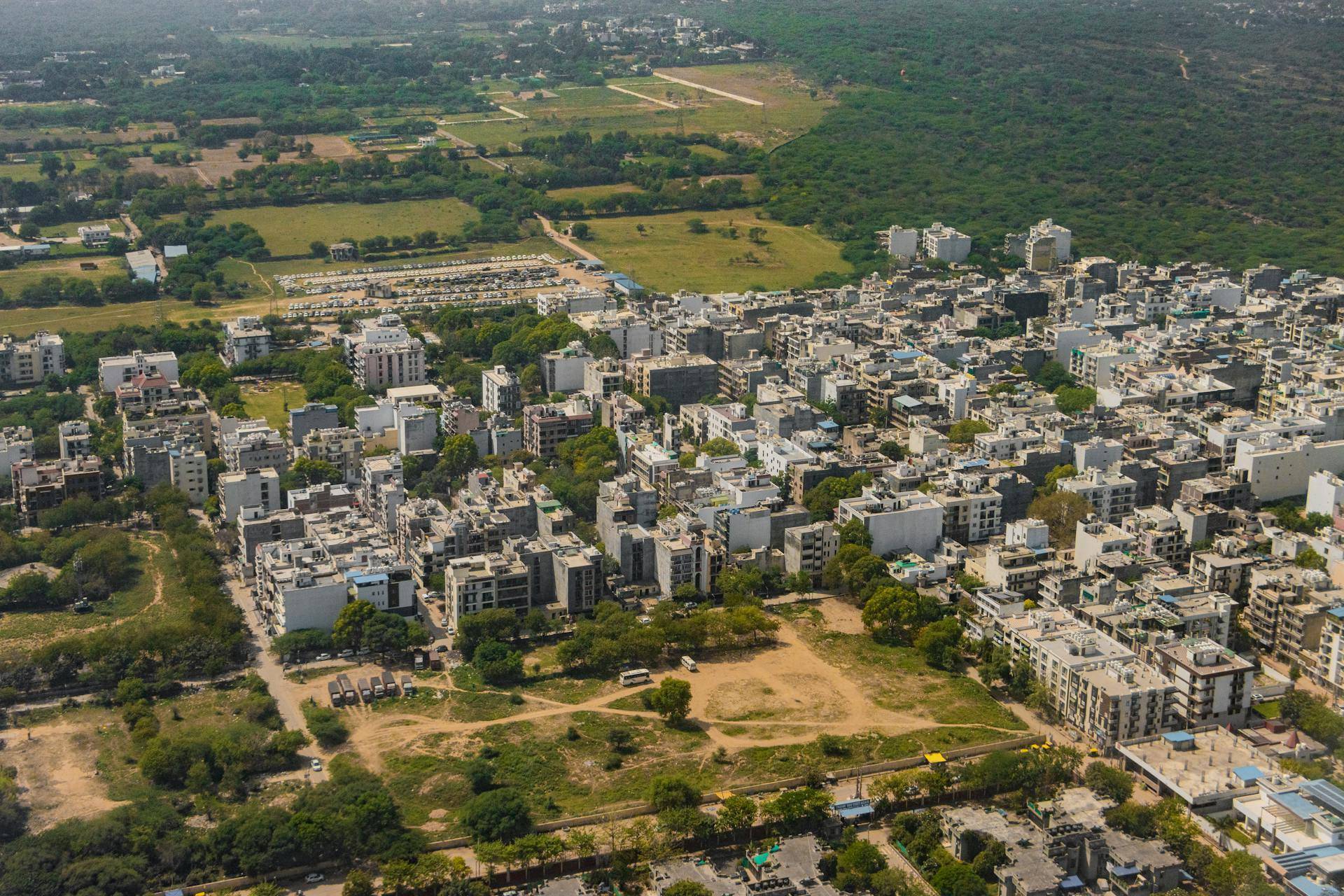Ghaziabad Municipal Corporation Withdraws Property Tax Hike Following Opposition
The Ghaziabad Municipal Corporation has decided to scrap the proposed hike in property tax following significant resistance from councillors and public representatives. The decision was taken during a special board meeting held on Monday, where elected members across party lines voiced objections to the new tax structure.
The proposal had led to widespread discontent among residents, many of whom claimed that the revised structure would have increased their annual tax burden by three to five times. As a result, the board rejected the hike and resolved to continue using the previous year’s property tax rates for the current financial year.
The city’s mayor, Sunita Dayal, confirmed the board’s decision and stated that no revised rates would be implemented this year. Instead, the corporation will undertake a survey over the next two to two-and-a-half months to determine actual tax liabilities based on the current status of constructions. Around 100 temporary surveyors are expected to be appointed to assist in the process.
Currently, Ghaziabad has approximately 4.52 lakh registered properties under the old tax framework. In addition, officials estimate that around 1.25 lakh new constructions are yet to be brought into the tax net. The applicable tax structure comprises a 10% house tax, 10% water tax, and 4% sewage and drainage tax.
The mayor has appealed to residents to conduct a self-assessment of their properties and disclose any additional constructions that may have occurred. This voluntary declaration is intended to assist the municipal body in creating a more accurate database for property taxation.
The special board meeting witnessed strong participation from elected representatives, including Ghaziabad MP Atul Garg and MLAs Sunil Sharma (Sahibabad), Sanjeev Sharma (Ghaziabad), and Ajit Pal Tyagi (Muradnagar). According to several councillors, the proposed tax hike lacked proper groundwork and failed to take into account the burden it would place on ordinary property owners.
Many councillors also raised concerns about the method used to revise tax rates. The new structure was reportedly linked to circle rates and road widths in different zones, a move that critics said had not been explained adequately to the public. Councillors demanded clarity on how the new rates were calculated and argued that residents should be informed of the criteria used.
In addition to internal opposition, the matter has reached the judiciary. Three former councillors, including Rajendra Tyagi, have filed a Public Interest Litigation (PIL) in the Allahabad High Court, seeking to quash the revised tax framework. The petition contends that the municipal corporation’s approach to revising tax rates lacked transparency and violated procedural norms.
The petitioners have also challenged the order that ties taxation to road width and have demanded that rebates under Section 174(2)(a) of the Uttar Pradesh Municipal Corporation Act be implemented. This section provides tax relief for older buildings based on their age. They further requested the release of the official minutes of the board meeting to ensure public access and accountability.
While the corporation has agreed to maintain old tax rates for the time being, former councillors indicated that the legal proceedings in the high court would continue. They have questioned how unauthorised constructions were allowed to emerge over the years and demanded accountability from officials responsible for permitting such developments.
The corporation’s chief tax assessment officer, when contacted, declined to comment on the decision or the legal challenge.
The outcome of the high court hearing, scheduled for July 29, may determine the future direction of Ghaziabad’s property tax policy, especially if the court takes note of procedural lapses or unresolved issues raised in the PIL.

